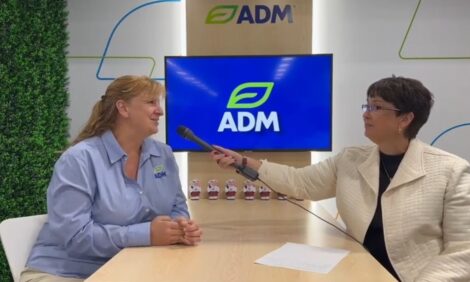



Scientists and Industry Progressing on Cow Talk
GLOBAL - Thoughts on the language of cattle, both dead and alive, are currently receiving major scrutiny.Two acoustic herd analyses and a national call for farmers to describe the meat they raise have ignited debate on animal welfare and eating experience respectively.
Australia’s cattle industry is reviewing its official Australian Beef Language, a list of words used to describe beef to prospective customers. Beef products at all stages of the “red meat pipeline” are described.
In an “open call” to all producers, the industry hopes to progress the language to, “accommodate new opportunities for beef”.
This will update the existing “common language” documented by AUS-MEAT, a partnership between the Australian Meat Processor Corporation and Meat and Livestock Australia.
Rather than being a totally new language, AUS-MEAT intends for farmer submissions, which must be in by the end of the year, to maintain the continual evolution of the language.
AUS-MEAT said it is: “Supporting a project to undertake a critical scientific examination of how future developments in science and technology, markets and market constraints and the changing wants and needs of customers and consumers, might potentially reshape the ‘language’ used across all sectors of the Australian beef industry.”
Summarising what this means for farmers, Cattle Council board member Dave Hill said: “The beef language influences how you get paid, the discounts you receive, the way we cut and describe the carcase and how we label product in retail."
Cattle language and its potential impact on animal welfare is being discussed over in the UK after Nottingham University research distinguished three different bovine calls.
Queen Mary and Nottingham Universities have said that cows produce two maternal calls for calves, for when they are close-by and far away. Calves were found to have a specific call for “I’m hungry” to initiate suckling.
The insight, which follows a year of data analysis, could lead to greater understanding of “vocal indicators” of animal welfare, said researcher Dr Alan McElligott.
Michael Priestley
News Team - Editor
Mainly production and market stories on ruminants sector. Works closely with sustainability consultants at FAI Farms



